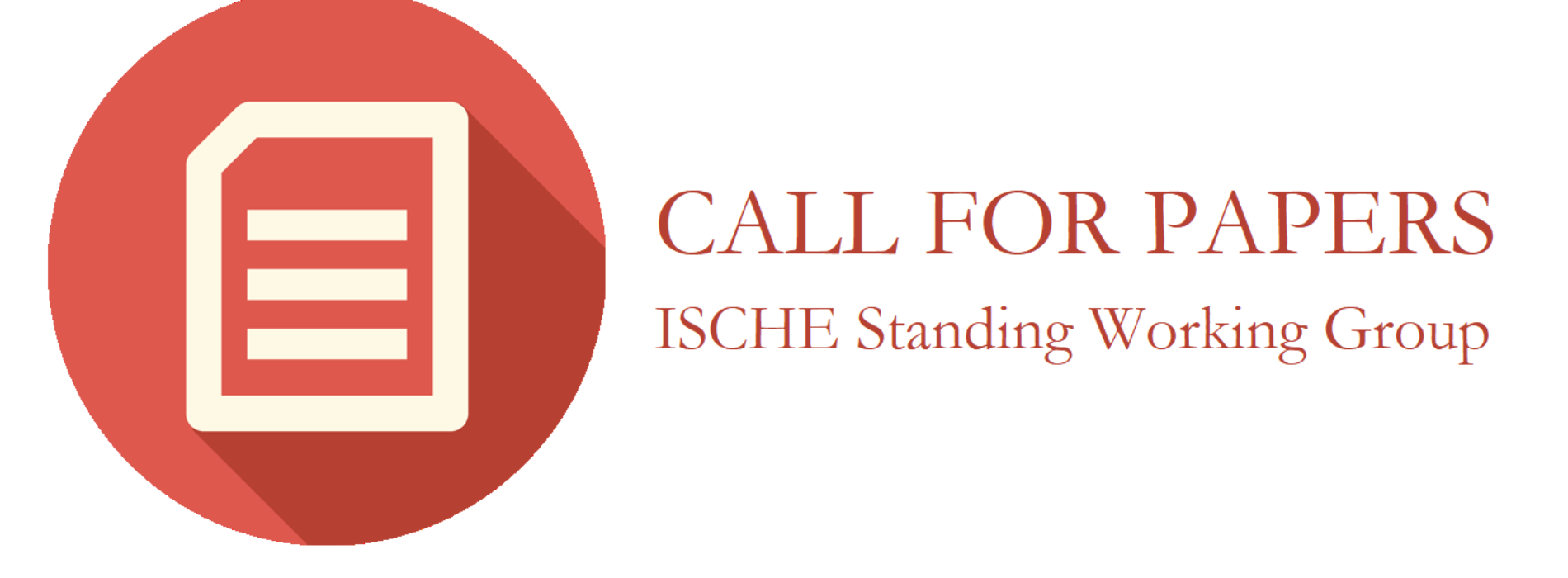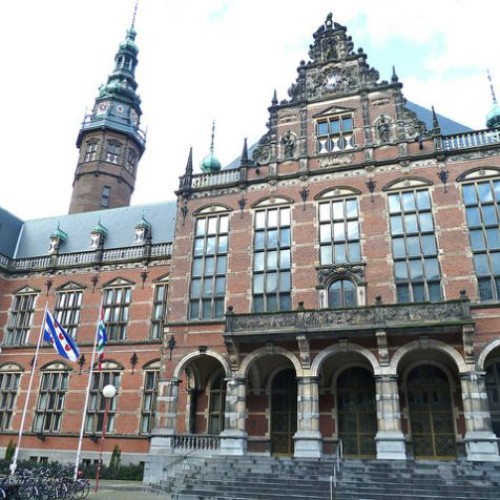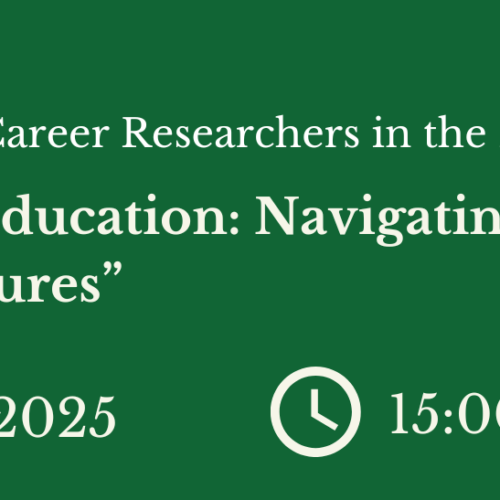Mapping the Discipline SWG invites submissions to ISCHE 41 Conference. Deadline: Jan. 31, 2019
ISCHE 41 (17 – 20 July 2019) – Porto, Portugal
Call for Papers: Standing Working Group: Mapping the Discipline History of Education
Deadline: January 31, 2019
Our aim as SWG is to create a current and retrospective assessment of the discipline’s institutional grounding and of the knowledge produced by its researchers and practitioners, reaching beyond national and cultural borders. This mapping focuses on the emblematic traits that characterize any discipline: its institutional foundation (institutes, departments, positions), the communication networks (associations, scientific events, means for publication), the structures of socialization and education of the new generation (curriculum, diploma, doctoral theses) and the ongoing renewing of knowledge produced by the discipline (research, epistemological foundation, research methods). We particularly welcome the theme of the 41th Conference in Porto to collectively lead such researches. We offer to make this theme ours by entitling of Call for papers: “Spaces and Places of History of Education”. Everyone who wishes to participated in one of the SWG panels in Porto is invited to approach one of the following aspects, which have to be understood as a prolongation of the work already begun during the previous conferences (London, Istanbul, Chicago, Buenos Aires and Berlin). We also emphasize on the fact that the conference in Porto will mark the end of the SWG in its actual configuration but a new concept will be presented by some colleagues.
• Historiographical synthesis in specific cultural areas
The submission can put forward a critical historiography of researches of the last decades in a given cultural or linguistic area (that can be defined at a regional, national or international level).
Are we able to bring out distinctiveness or convergence according to the areas studies and can we understand them? Which aspects are borrowed or transferred from one cultural/linguistic area to another? Our aim is to, collectively, determine which evolutions – may they be recurrent or contrasted – can be identified across cultural and linguistic areas, and try to explain them (for example: center/periphery issues, hegemonic positions/resistance and innovative impulsions, etc.).
• Impact of the discipline’s academic anchoring on the knowledge produced
The submission can offer a critical analysis of how institutional and disciplinary anchoring of history of education has evolved in order to question the impact of institutional dimensions on the knowledge produced.
For example, how the different reconfigurations of teacher training might influence reshaping in history of education? In which disciplinary (history or educational sciences for example) or transdisciplinary institutions is history of education made? How do theses anchoring influence research themes and reference framework?
• Places of researchers’ socialization in history of education
The submission can offer a critical assessment of PhD courses and socialization processes that participate in training the of PhD students in history of education.
Which summer schools and other forms of meeting (dealing with history of education or one of its aspects) exist and what is the balance of such encounters? Which spaces and places are especially fruitful for a strong socialization in history of education? In addition to documented balances, a critical and retrospective analysis, based on testimonies of PhD students, young as well as advanced researchers, will be especially welcome.
• Investigating discipline networks around scientific journals
Questioning places and spaces available to publish researches in history of education can be a last angle adopted by the submissions. They will stress out how these forms of publication might differ from one area to another, also to address the ways in which specific networks and their editorial policy could shape the knowledge produced.
What are the existing forms of publication welcoming papers on history of education and what are the impact of new editorial policies (including bibliometric analysis) on research contents? How is the landscape of scientific journals dedicated – partially or entirely – to history of education currently reshaping itself in different areas of the world? How can we reconcile our will to consider the specific contexts of our studies with the historiographical renewal which encourage us to favor connected perspectives, without disregarding trans-continental and trans-national dimensions?
We invite colleagues – young scholars as well as advances researches – to send their abstract proposal explaining briefly the research problem, objectives, theoretical and methodological approach, main primary and secondary sources, core arguments and main results. The SWG follows ISCHE procedures regarding review criteria, dates and guidelines for paper presentations. Abstracts will be submitted in English. During the Conference, papers might be presented in English, German, Spanish or French but the written presentation (power point for example) will be in English. During this meeting, we will also present the forthcoming and planned publications.
Please note that Ische has established a new procedure for submitting papers for SWGs. All paper submissions for SWGs from now on must be submitted through the conference electronic system by selecting the respective SWG in the Abstracts area. The deadline for submitting papers to any SWG is 31 January 2019. Proposals should be a maximum of 500 words excluding bibliography. Submitted papers will be redirected to the convenors to be reviewed.
Current conveners of the SWG: Rita Hofstetter, Geneva University, ERHISE, Switzerland Solenn Huitric, Ecole normale supérieure de Lyon/LARHRA, France José G. Gondra, Universidade do Estado do Rio de Janeiro, Brasil (Emmanuelle Picard, Ecole normale supérieure de Lyon/LARHRA, France ; Eckhardt Fuchs, Georg Eckert Institute for International Textbook Research, Germany).
• Website dedicated to the Mapping project: http://rhe.ish-lyon.cnrs.fr/?q=mapping
• The research project “History of Education: Mapping the Discipline” has been developed further in a Peadagogica Historica paper: Rita Hofstetter, Emmanuelle Picard, Alexandre Fontaine, Solenn Huitric, « Mapping the discipline history of education », Paedagogica Historica. International Journal of the History of Education, 50/6, 2014, p. 871-880. DOI: 10.1080/00309230.2014.948017
About author
You might also like
ISCHE Celebrates 40th Anniversary with Online History of Education Salon
Click here to learn more about the history of ISCHE through the online History of Education Salon, produced on the occasion of ISCHE’s 40th anniversary in 2018. Through conversations with
Call for Applications History of Education Doctoral Summer School – Groningen 9-12 June 2016
The 7th annual History of Education Doctoral Summer School, which will take place at the University of Groningen, The Netherlands, 9-12 June 2016. Applications are invited from postgraduate students in
CfP – International Conference at the German Historical Institute Washington
The Campus and Beyond: Higher Education and Social Inequalities in Europe and North America, 1850s-2000s Conveners: Raphael Rössel (GHI Washington), Elizabeth Tandy Shermer (Loyola University Chicago), and Stefanie Coché (Gießen




